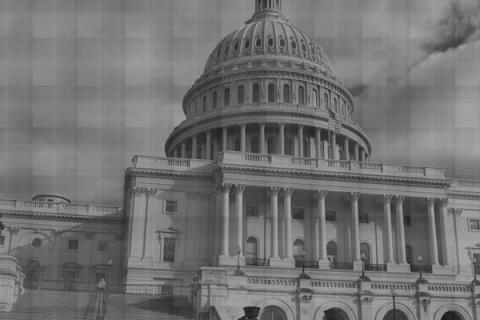The People of the State of California hereby find and declare all of the following:
(a) Purpose. The Top Two Candidates Open Primary Act is hereby adopted by the people of California to protect and preserve the right of every Californian to vote for the candidate of his or her choice.
(b) Top Two Candidate Open Primary. All registered voters otherwise qualified to vote shall be guaranteed the unrestricted right to vote for the candidate of their choice in all state and congressional elections. All candidates for a given state or congressional office shall belisted on a single primary ballot. The top two candidates, as determined by the voters in an open primary, shall advance to a general election in which the winner shall be the candidate receiving the greatest number of votes cast in an open general election.
(c) Open Voter Registration. At the time of registration all voters shall have the freedom to choose whether or not to disclose their party preference. No voter shall be denied theright to vote for the candidate of his or her choice in either a primary or a general electionfor Statewide Constitutional Office, the State Legislature or the Congress of the United States based upon his or her disclosure or non-disclosure of party preference. Existing voter registrations, which specify a political party affiliation, shall be deemed to have disclosed that party as the voter’s political party preference unless a new affidavit of registration is filed.
(d) Open Candidate Disclosure. At the time of filing to run for public office, all candidates shall have the choice to declare a party preference. The preference chosen shall accompany the candidate’s name on both the primary and general election ballots. The names of candidates who choose not to declare a party preference shall be accompanied by the designation “No Party Preference” on both the primary and general election ballots. Selection of a party preference by a candidate for state or congressional office shall not constitute or imply endorsement of the candidate by the party designated, and no candidate for such office shall be deemed the official candidate of any party by virtue of his or her selection in the primary.
(e) Freedom of Political Parties. Nothing in this Act shall restrict the right of individuals to join or organize into political parties or in any way restrict the right of private association of political parties. Nothing in this measure shall restrict the parties’ right to contribute to, endorse, or otherwise support a candidate for state elective or congressional office. Political parties may establish such procedures as they see fit to endorse or support candidates or otherwise participate in all elections, and they may informally “nominate” candidates for election to voter-nominated offices at a party convention or by whatever lawful mechanism they so choose, other than at state-conducted primary elections. Political parties may also adopt such rules as they see fit for the selection of party officials (including central committee members, presidential electors, and party officers). This may include restricting participation in elections for party officials to those who disclose a party preference for that party at the time of registration.
(f) Presidential Primaries. This Act makes no change in current law as it relates to Presidential primaries. California has conformed to the ruling of the U.S. Supreme Court in Washington State Grange v. Washington State Republican Party (2008). Each political party retains the right to either close its Presidential primaries to only those voters who disclose their party preference for that party at the time of registration or to open its Presidential primary to include those voters who register without disclosing a political party preference.
